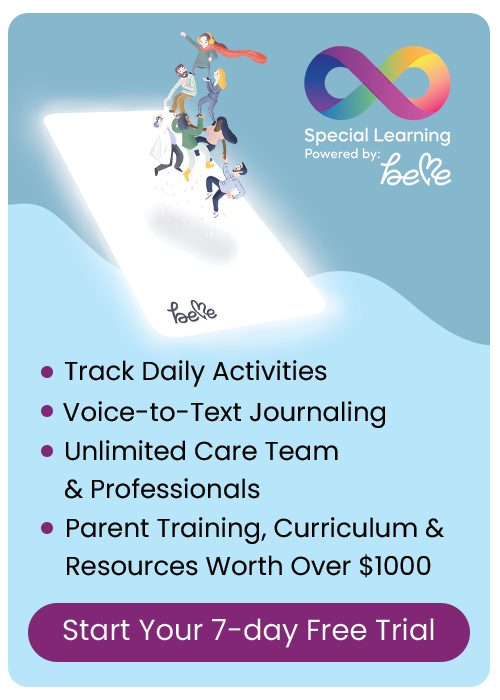Blog Categories
- ADHD
- Applied Behavior Analysis
- Autism Awareness
- Autism Service Providers
- Case Studies
- Dignosis
- Classroom Management
- Credentials
- Ethics
- Family Matters
- FAQs About LIVE Events
- Financial Planning
- Holiday Planning
- IEP's
- Panelists
- Private Equity in Autism & ABA Industry
- Psychopharmacology
- Sensory Processing Disorder
- Speech and Communication
- Subject Matter Experts
- Summer Planning
- Transition Planning
Behavior Traps
Analyst and Certified Ohio Behavior Analyst. She has experience working with children, adolescents and adults in variety of settings including school, home and mental health facilities. In each of these environments, she worked closely with parents, teachers, and paraprofessionals to develop and oversee implementation of behavior intervention plans. She has extensive experience mentoring and providing supervision to RBTs, BCBA candidates and behavior analysts. As an Associate Director of Clinical Solutions for Special Learning, she is responsible for creating and presenting educational materials and promoting Special Learning’s mission to positively impact the special needs community. She received her Master’s degree in Special Education/ABA from The Ohio State University. She has been working with in the field of ABA for over ten years.
Behavior Traps
Like Grandma used to say, “You can’t have your ice cream until you finish your broccoli!” Informally known as “Grandma’s Law” or the “first and then” rule, the Premack principle utilizes behaviors that happen with a high-probability or high free operant behavior (this is most often preferred) to use as a reinforcer contingent upon the completion of a low-probability or low frequency behavior (usually non-preferred).
For example, if you want your learner to brush his teeth, you may say “first brush your teeth, then you can watch TV.” We often apply this rule to ourselves! Example: When I’m finished with my errands, I can go shopping.
Identifying “high-probability” or “high frequency” behaviors can be done by simply observing the individual in his/her natural environment. What do they typically spend more time doing?
You can optimize the success with using this intervention simply by accompanying it with a visual cue. This can be pictures, icons, and/or words. Teaching him/her to remove or cross off the item when it’s completed will also begin teaching him/her to self-monitor, which will allow you to add multiple icons before he/she can gain access to the preferred item or activity more smoothly.
RECOMMENDED PRODUCTS
Curso ABA en Línea Con Subtitulos en Español (Level 1 ABA Online Training Course – Spanish)




